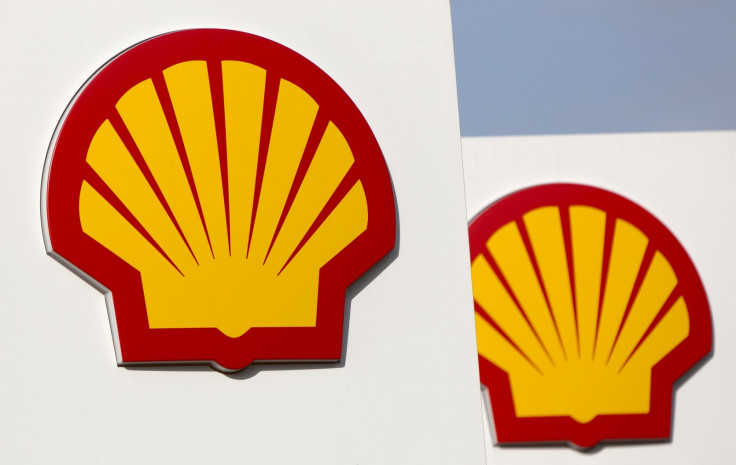Shell to cut capital expenditure to adjust books for plunge in oil prices

Anglo-Dutch energy major Royal Dutch Shell plans to cut its 2015 capital expenditure, as the company looks to balance its accounts in light of a 50% decline in oil prices since June 2014.
The Financial Times reported that Shell's CEO Ben van Beurden is expected to outline the cut in capital investment, when the company releases its interim report on 30 July.
The capital spending budget at Shell is expected to be revised lower, "by several billion dollars from the $33bn (£21.1bn, €30.5bn) announced at the end of April, reflecting project deferrals", the FT reports.
Nevertheless, the company now expects billions of dollars more in savings from its proposed £55bn takeover of BG Group than previously disclosed.
The company has told investors and analysts that it expects value synergies in "a multiple" of the $1bn in annual projected savings from merging head offices and other cost-cutting measures.
The boards of Shell and BG in April reached an agreement on the terms of the cash and share offer made by Shell – one of the biggest deals in the energy sector.
As per the terms, Shell will provide £3.83 in cash and 0.4454 Shell B shares for each BG share.
The deal earlier received approval from US regulators – the first clearance from a group of regulators including the European Union, China, Australia and Brazil.
Shell's share price has gone down by 13% since the BG deal was announced in April, as investors have been concerned about the future of the merged entity, given the plunge in oil prices. Shell needs oil prices of $90 per barrel for the deal to work, according to many analysts.
However, Shell CFO Simon Henry defended the deal, saying it worked at $70 a barrel. He noted that the deal would add immediately to cash flow and the dividend would be maintained.
A number of analysts claimed that the enlarged group's Brazilian deepwater oil portfolio and its combined LNG trading and marketing operations would lead to economies of scale.
© Copyright IBTimes 2025. All rights reserved.






















